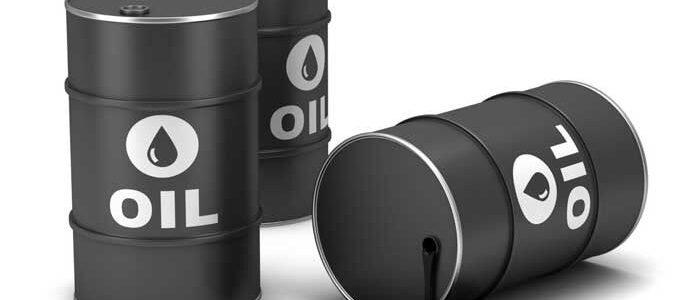
2021 ended with a report that Nigeria experienced a deficit of almost 200 million barrels of crude in the first 11 months of the year, mainly due to oil theft. But these experiences are all too common, and not limited to Nigeria alone. Year on year, we are seeing huge oil losses because of theft.
Oil theft in Nigeria is made easier by several factors. Aging infrastructure, such as oil pipelines, makes it easier for thieves to get access to the crude. In addition, general underinvestment across the sector and poor security of the country’s waterways means little is being done to tackle the crime. Some security agencies even collude with cartels for the pay-out.

While Nigeria hopes to meet its OPEC quota of 1.68 million bpd of crude for January 2022, these types of crimes are making it increasingly difficult. Over the last few months, Nigeria has been producing closer to 1.25 million bpd, demonstrating the uphill battle it must face meeting this target.
And the high prevalence of oil theft is driving international investors away. While the problem persists, oil majors are taking their money to more reliable markets with better monitoring and surveillance practices. Shell, ExxonMobil, Chevron, and Total have all already moved their operations to other regions, despite Nigeria being Africa’s biggest producer.

These thefts equate to $3.5 billion of revenue lost in 2021 alone or around 10 percent of the country’s foreign reserves. It is thought that Nigeria lost 42.25 million barrels in 2019 and 53.28 million barrels in the year prior, owing to oil theft. So, it seems clear that the situation is worsening, perhaps partially due to the economic difficulties faced during the pandemic, as well as the ease of access to aging pipelines and the prevalence of corruption.
The Nigeria Extractive Industries Transparency Initiative (NEITI), the country’s oil industry auditor, published a report in 2019 that suggested the OPEC state had lost around 138,000 bpd of crude to theft over the previous decade, at a value of around $40.06 billion.
In September last year, the Nigerian government set up a committee on the recovery of crude oil and illegally refined petroleum products. The group comprised the Department of Petroleum Resources, the Nigeria National Petroleum Corporation, the National Oil Spill Detection and Response Agency, the Nigerian Army and Navy, and the Nigeria Security and Civil Defence Corps. But Nigeria still experienced huge losses throughout the rest of the year.
Despite previous discussions about how to prevent this situation from continuing, little investment has been made to curb the trend. For example, there has been an unwillingness to fund technologies that could monitor oil and gas pipelines across the country to recognize sabotage or human interference and prevent theft.
And this is after years of widespread oil theft in Nigeria. In November 2015, thieves stole $250 million worth of crude from just one pipeline, around half a billion liters. As Africa’s biggest oil exporter, it is vital that the government and oil industry work in unison to curb this costly trend before it gets even worse.
But this is not a problem that affects Nigeria alone. While most of the oil comes from Nigeria, the effects of the crime spill over into other West African countries, according to the UNODC. Cartels in the Niger Delta region generally steal crude by ‘hot tapping’ – attaching a secondary pipeline to a mainline, or ‘cold tapping’ – blowing up a pipeline and replacing it with their own. They then export this oil illegally to countries such as Ghana, Cameroon, Cote d’Ivoire, and South Africa. Some even reach the international market. Corruption comes into play as oil tankers are often over-filled, with exporters bribing officials that control the transportation of the product to turn a blind eye.
While Nigeria is not the only country to face oil theft directly, with case studies on Ghana, Morocco, Uganda, Mozambique, Mexico, Thailand, Azerbaijan, and Turkey, to name a few, it experiences the most significant average losses by far. The lucrative nature of the crime makes it all the more common in poorer states. For example, in 2009, tapping a Mexican pipeline for seven minutes to access its refined oil could earn a cartel $90,000.
While oil theft across the global industry averaged 70,000 bpd of crude output in August 2020, Nigeria experience significantly higher losses. While its oil production levels remain high, the government and oil industry must tackle the crime head-on, through better pipeline monitoring and evaluation, if they hope to attract greater foreign investment in the industry. Having lost the funding of some of the world’s supermajors, and experiencing a drop in production levels following the pandemic, Nigeria is facing an uphill battle as OPEC raises its quotas. Reducing the prevalence of oil theft could strongly support the ongoing development of the country’s oil industry.
Credit: Yahoo News
